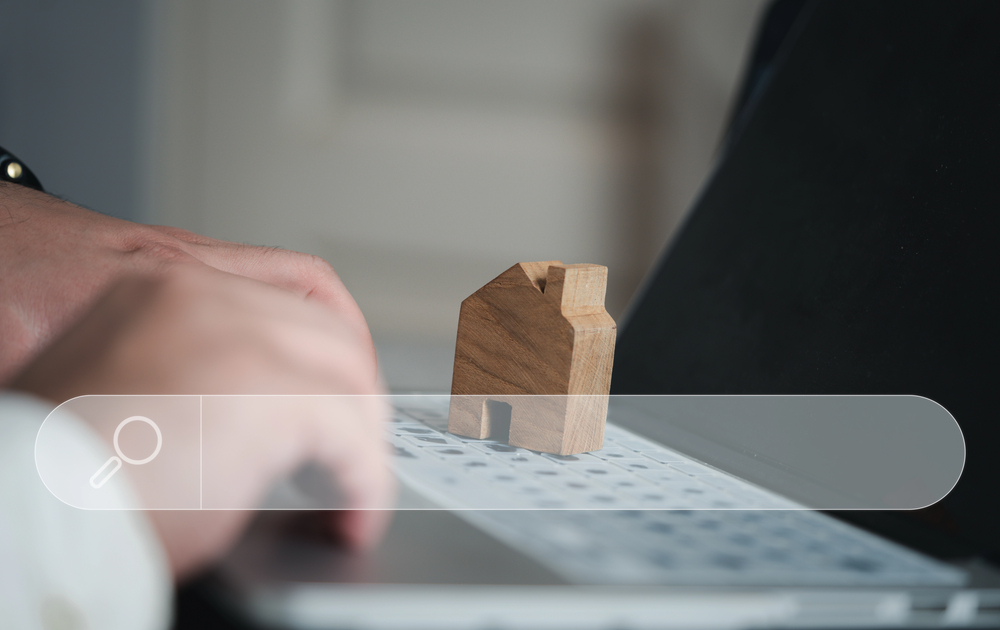There are lots of great articles on the web about how to keep your business reputation intact. But your personal reputation is even more important than your business. When your personal reputation is harmed, it’s a lot harder to combat the damage. As Warren Buffet famously said, “It takes 20 years to build a reputation and five minutes to ruin it. If you think about that, you’ll do things differently.”
If you think about it, when a business gets bit by too many bad reviews, the worst case scenario is that business closes down and restarts under a new name. It happens in the apartment industry all the time.
If your personal reputation is damaged, it’s going to be tough to change your name and restart yourself. Some people do it unintentionally, by supporting an unpopular opinion, participating in a crude sport, or making an insensitive joke that surprisingly goes viral. And some people are victims of vicious gossip, bad press, and libel that, even once proved false, still haunts them for years to come.
The greatest majority of entrepreneurs invest countless amounts of time, money and effort to build a career, but seldom spend a minute strategizing on how to build, protect and manage their most important asset: their online reputation. Some people may need to invest in personal online reputation management to take a hands-on approach in the effort to maintain credibility in their business and private life.
In some cases, you can’t control the damage. But in some cases, you can. One of those such cases is when you use fake credibility. Instead of building a strong reputation you end up not only destroying your reputation, but also ensuring that no one ever trusts you again. And that’s what we’re going to focus on in this article: what you shouldn’t be doing, and credible alternatives to strive for instead.
1. Press releases do not lead to endorsements from NBC, CNN, and other top media outlets.
You’ve seen them. The people whose profile picture has a few top media outlet logos to the left, insinuating that they have been featured on said media outlets. I’m not saying that all of those people haven’t been featured on those media outlets.
But I’d bet if you did a Google search for their name and a few of those media outlets, in some cases, what you would come up with instead is a press release about the person on local news stations affiliated with those major media outlets. It’s just one example of fake credibility.
Why is it fake? Simple. Because anyone can buy their way onto any of these sites. For $369 via PRWeb, anyone can get their name attached to a piece of news and have it shipped out to the top media outlets: New York Times, USA Today, and hundreds of other media outlets.
Just remember that this kind of thing is researchable and because it is being done so often, it is losing credibility fast, and anyone who participates in this fake credit scheme gets exposed pretty quickly. Certain vigilante bloggers like killingmycareer.com are taking upon themselves to expose these individuals.
If you want a safer and more ethical alternative to getting those types of credentials added for real credibility, put yourself out as a source for HARO to get quoted by journalists as a resource in your industry. It might take a while, but once you make your way onto a media outlet, by yourself or with the assistance of a PR firm, you’ll have something credible you can leverage as a marketing piece that will help boost your reputation in a positive way.
2. Fake testimonials.
Speaking of fake, what about fake testimonials? Sure you can pay a writer to write something nice about you or hire someone off Fiverr to record a five minute scripted video about why you are so awesome. But just as soon as someone sees those same testimonial writers and actors on other people’s websites, your reputation will be toast along with theirs.
So how can you garner real testimonials? Start by just helping people. If you give someone advice, and they say that it really helped them out, ask them to drop you a recommendation on your LinkedIn profile. Not only is it going to boost your reputation on LinkedIn, but it’s a testimonial that you can use on your website and link back to for verification.
Also, be on the lookout for compliments. If someone says something great about something you do via email or on social media, ask them if they would mind you screenshotting or sharing it as a testimonial. Most people won’t mind at all. And you’ll always have the proof.
3. Coaching for millionaires by non-millionaires.
People have discovered that the fastest way to make money is to teach people how to make money. But the second that the so-called coach, mentor, mastermind, or course creator is revealed to have rented that nice car they did their photo shoot in, it’s all over.
So stop trying to sell something that you don’t know how to do. It’s going to ruin your reputation. Don’t be that person that goes into a group and asks why their Facebook Ads aren’t converting for their course on How to Run Facebook Ads. Don’t be that person who coaches millionaires and sets up a Gofundme page for that vacation they want to take to Fiji.
Instead, sell something you can do. Not everyone wants to be a millionaire. There are probably a lot of people who just want to make their first $1,000 online. If you’ve done that, you can teach that. And once you make your first $10,000 online, you can upgrade your program. So on and so forth.
In Conclusion
There are dozens of threats out there to your personal reputation. Don’t destroy it on your own doing things that you don’t need to do just because you aren’t patient. Earn your credibility and experience the right way, and you will be rewarded with the strong personal reputation that goes with it!
Find a Home-Based Business to Start-Up >>> Hundreds of Business Listings.

















































